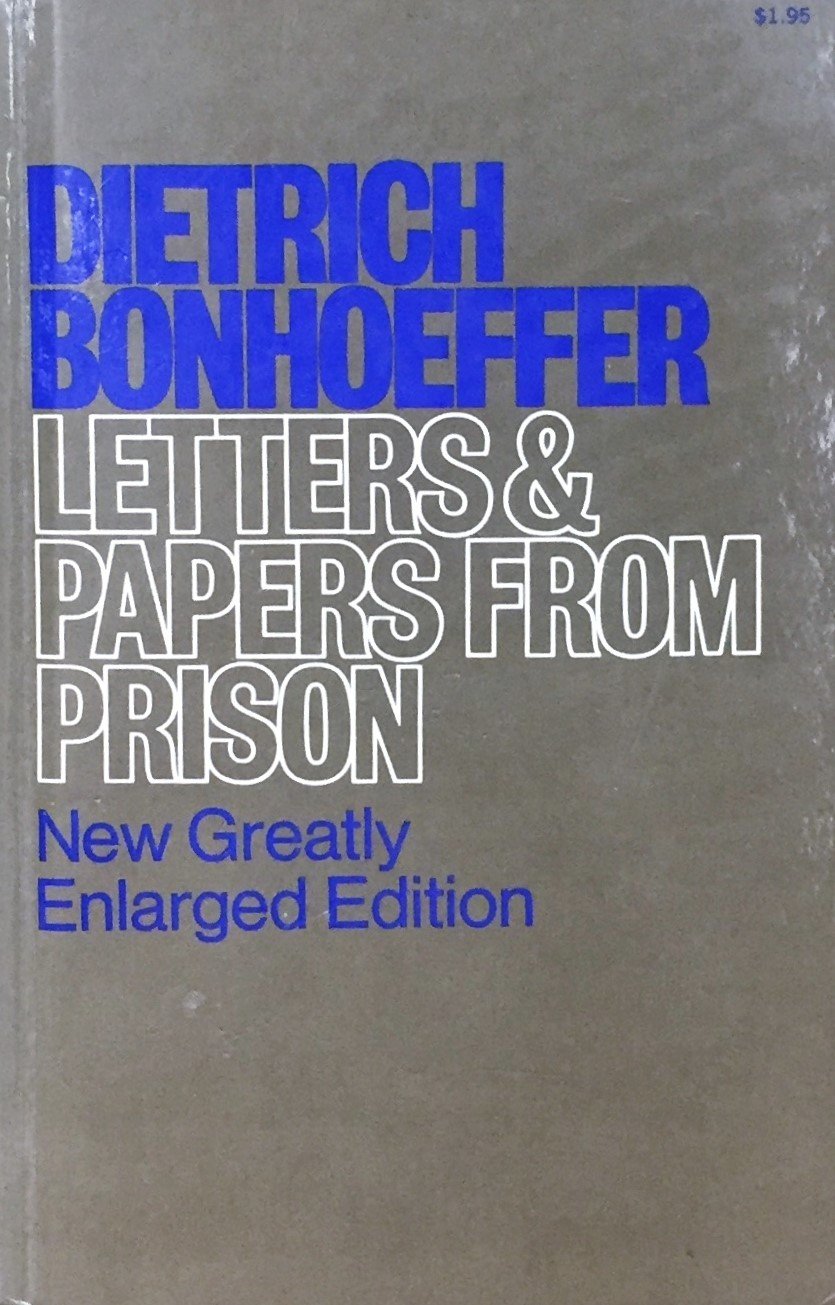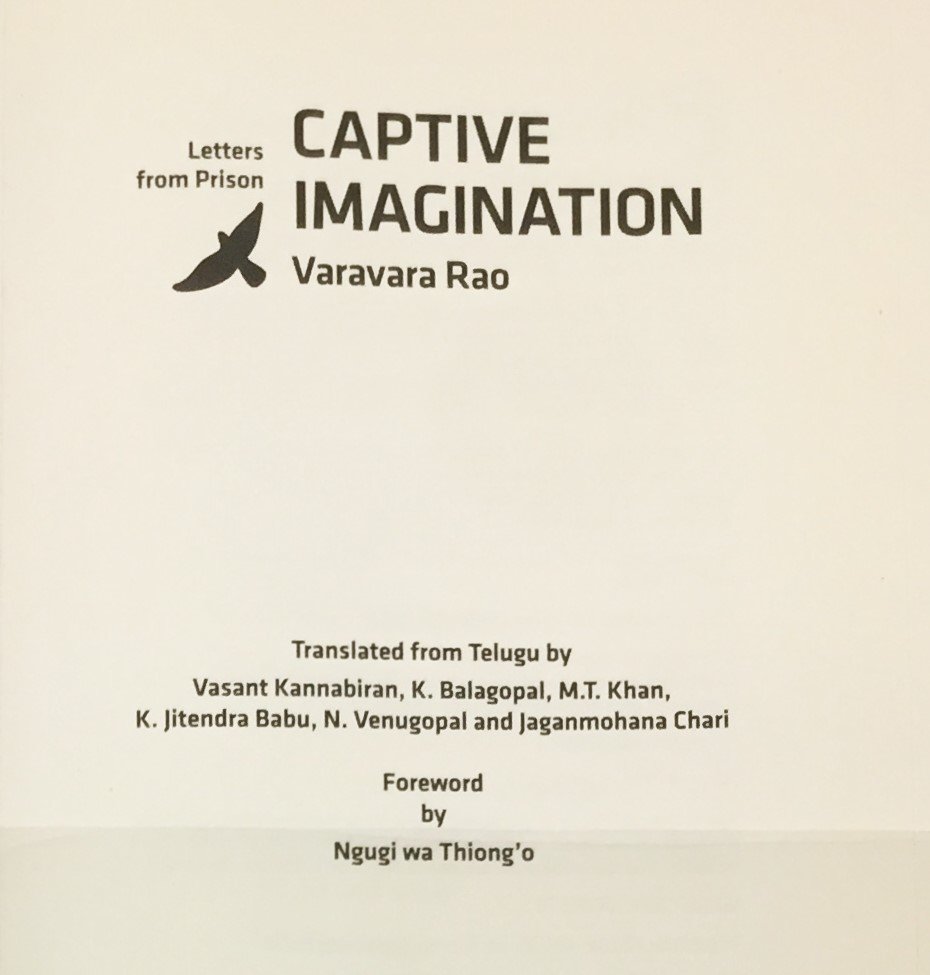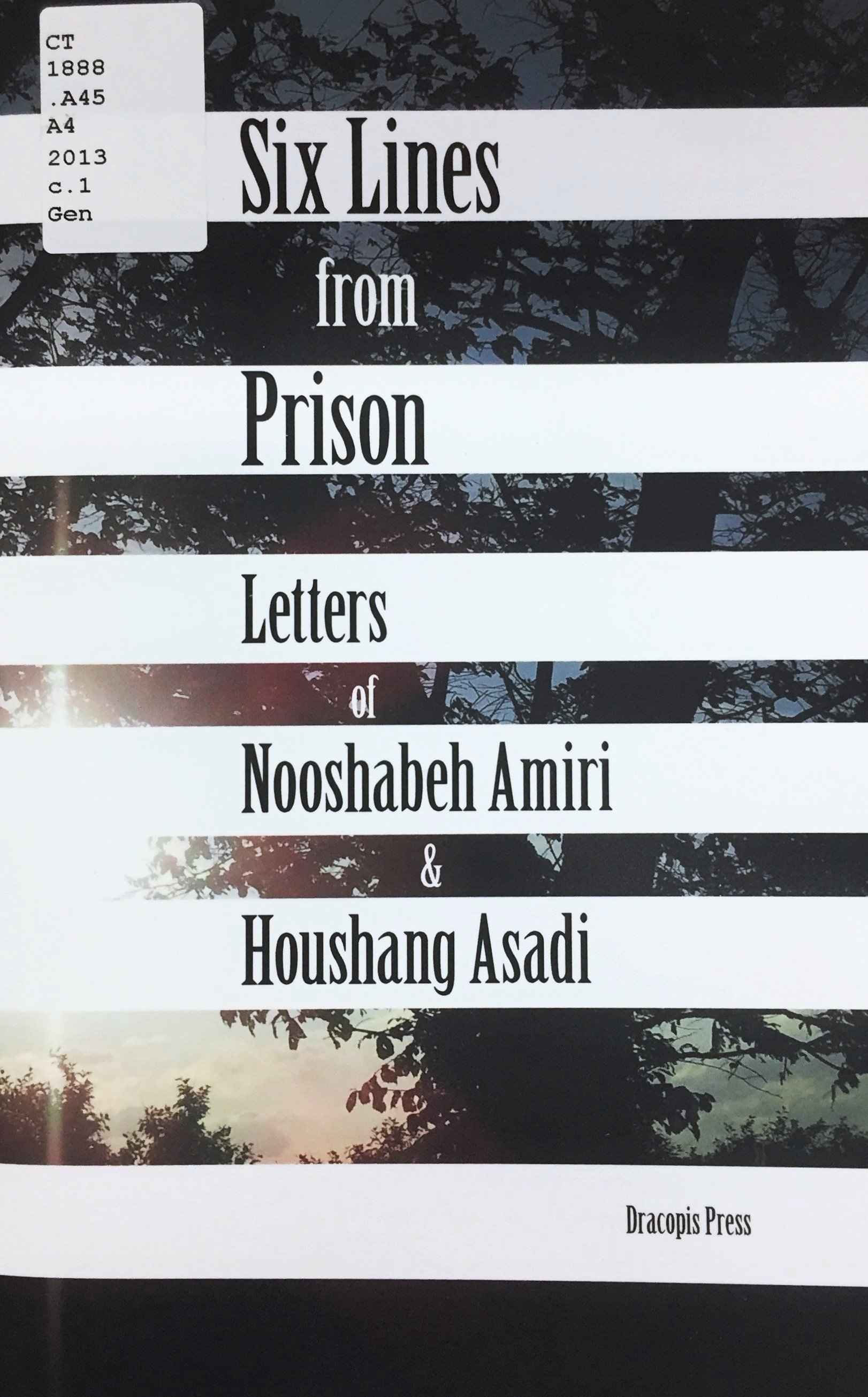20th Century
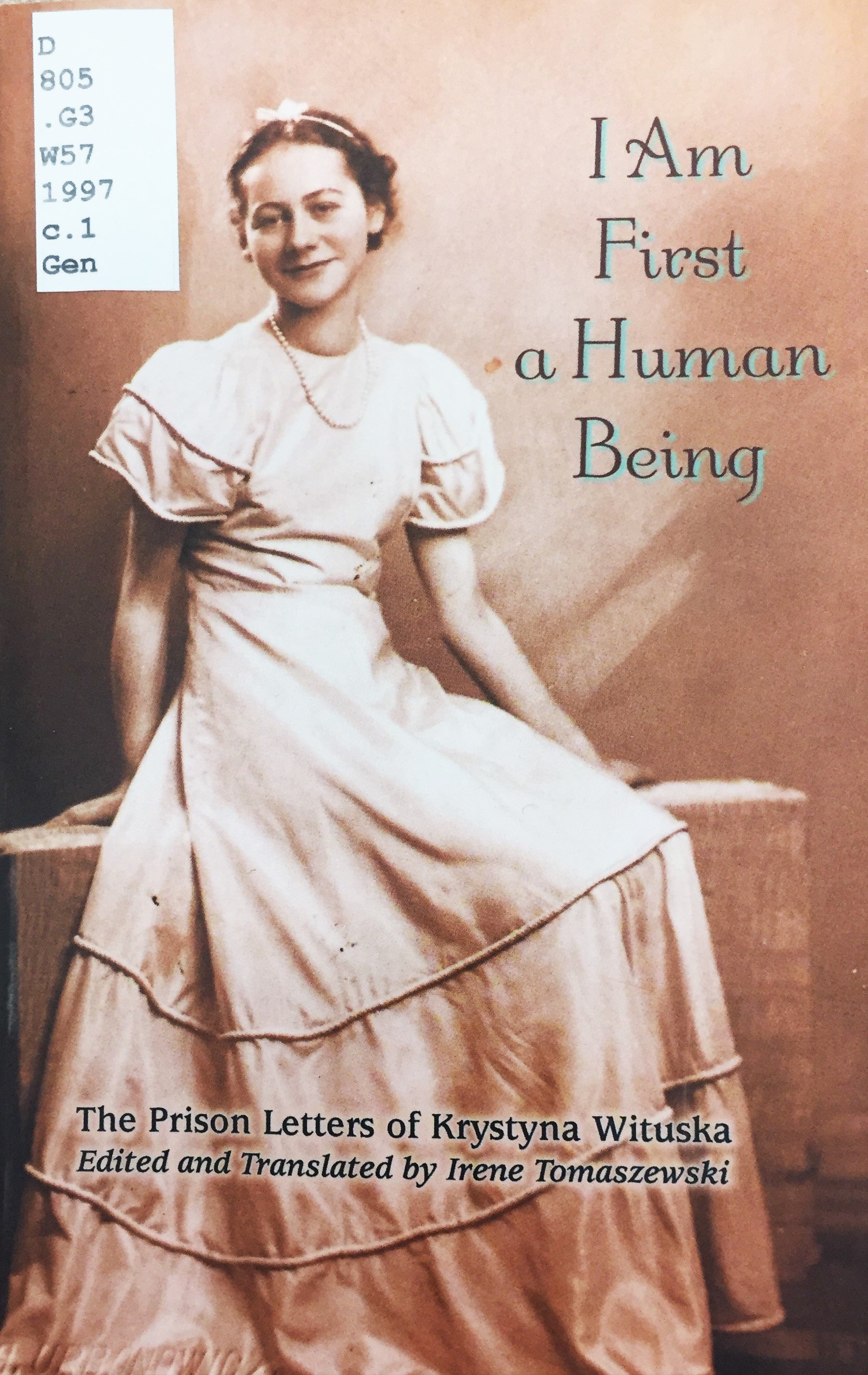
I Am First a Human Being: The Prison Letters of Krystyna Wituska. Edited and translated by Irene Tomaszewski. Montréal: Véhicule Press, 1997.
"Don’t cry, I am well, in good spirits and doing fine. Things are going well. Please send me the following things: my red dress, a woolen skirt, warm underwear and stockings, a warm nightie, needles and thread, and warm slippers."
– November 12, 1942
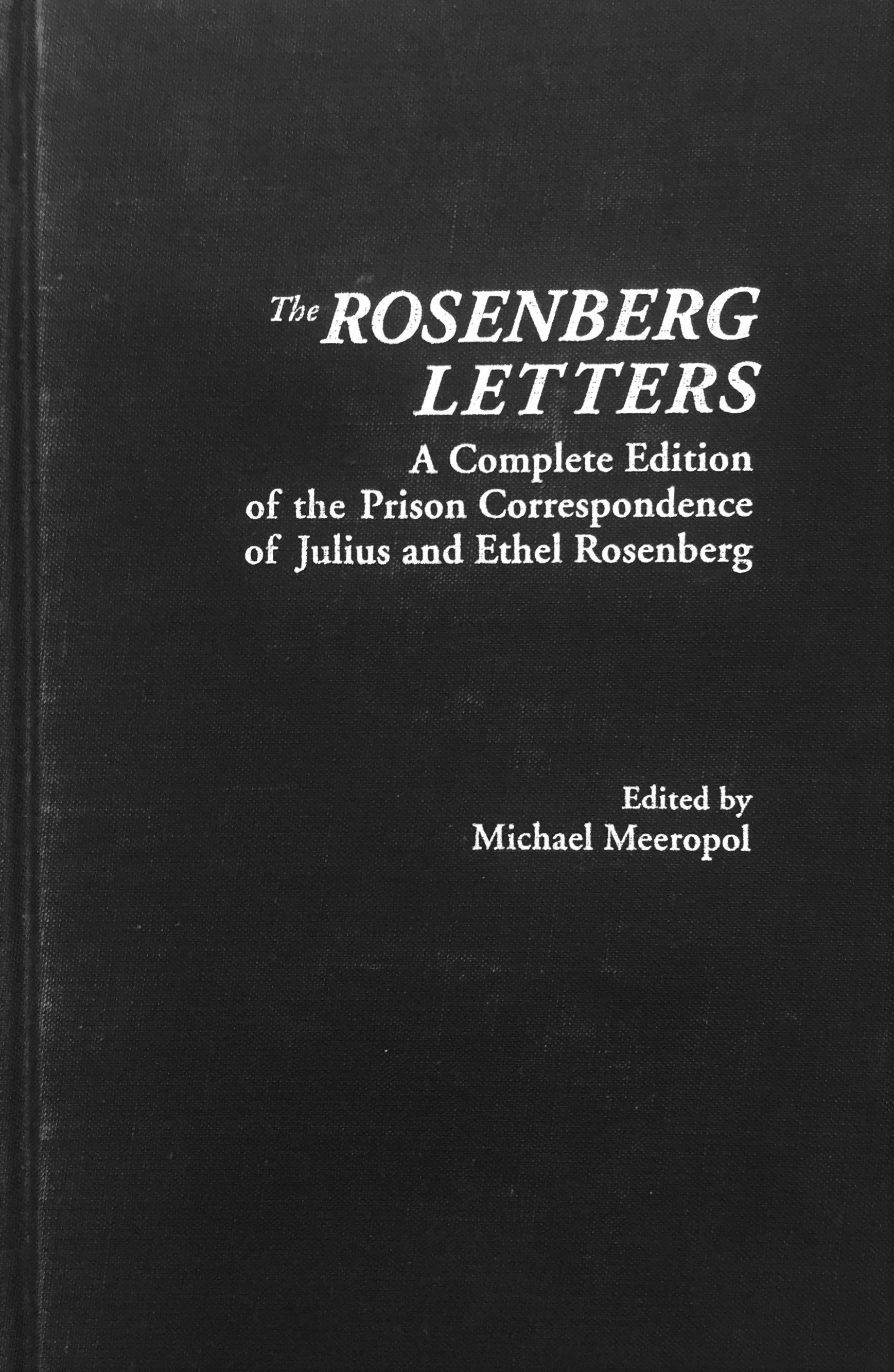
Rosenberg, Julius, and Ethel Rosenberg. The Rosenberg Letters: A Complete Edition of the Prison Correspondence of Julius and Ethel Rosenberg. Edited by Michael Meeropol. Garland Reference Library of the Humanities 1184. New York: Garland, 1994.
"Am terribly restive—but one of these days some writing’s bound to pour out of me onto paper. In the meantime, patience...just remember that I have to struggle bitterly to function with any degree of ease or comfort, at all. Talent, without the emotional ability to release it, humiliates and mocks one, until one is ready to shriek alound in pain and in desperation – So please don’t expect too much, too fast –"
– February 24, 1953
Letters and Papers from Prison. Translation of Widerstand und Ergebung. New York: Macmillan, 1972.
"What, then, is joy? What, then, is sorrow?
Time alone can decide between them,
when the immediate poignant happening
lengthens out to continuous wearisome suffering,
when the labored creeping moments of daylight
slowly uncover the fullness of our disaster,
sorrow’s unmistakable features."
– June 21st, 1944

Letters from Robben Island: A Selection of Ahmed Kathrada’s Prison Correspondence, 1964-1989. Edited by Robert Vassen. Forward by Nelson Mandela. Introduction by Walter Sisulu. Cape Town, South Africa: Mayibuye Books in association with the Robben Island Museum, 1999.
"What can I tell you about ourselves here? In general things are the same as can be expected. The same dreary routine; get up early, work, supper by 5 p.m., study, sleep. Letters and visits over weekends, film shows every fortnight, games. Every now and then we see a good film; last week we saw Gengis Khan, which was very enjoyable. I've been seeing films and participating in more sports activities than I ever did outside. For the last two years or so we've got a tiny flower and vegetable garden. [[Mr. Mandela is our chief gardener, and he takes his work very seriously.]]" (bracketed words removed by prison censor)
– December 24th, 1975
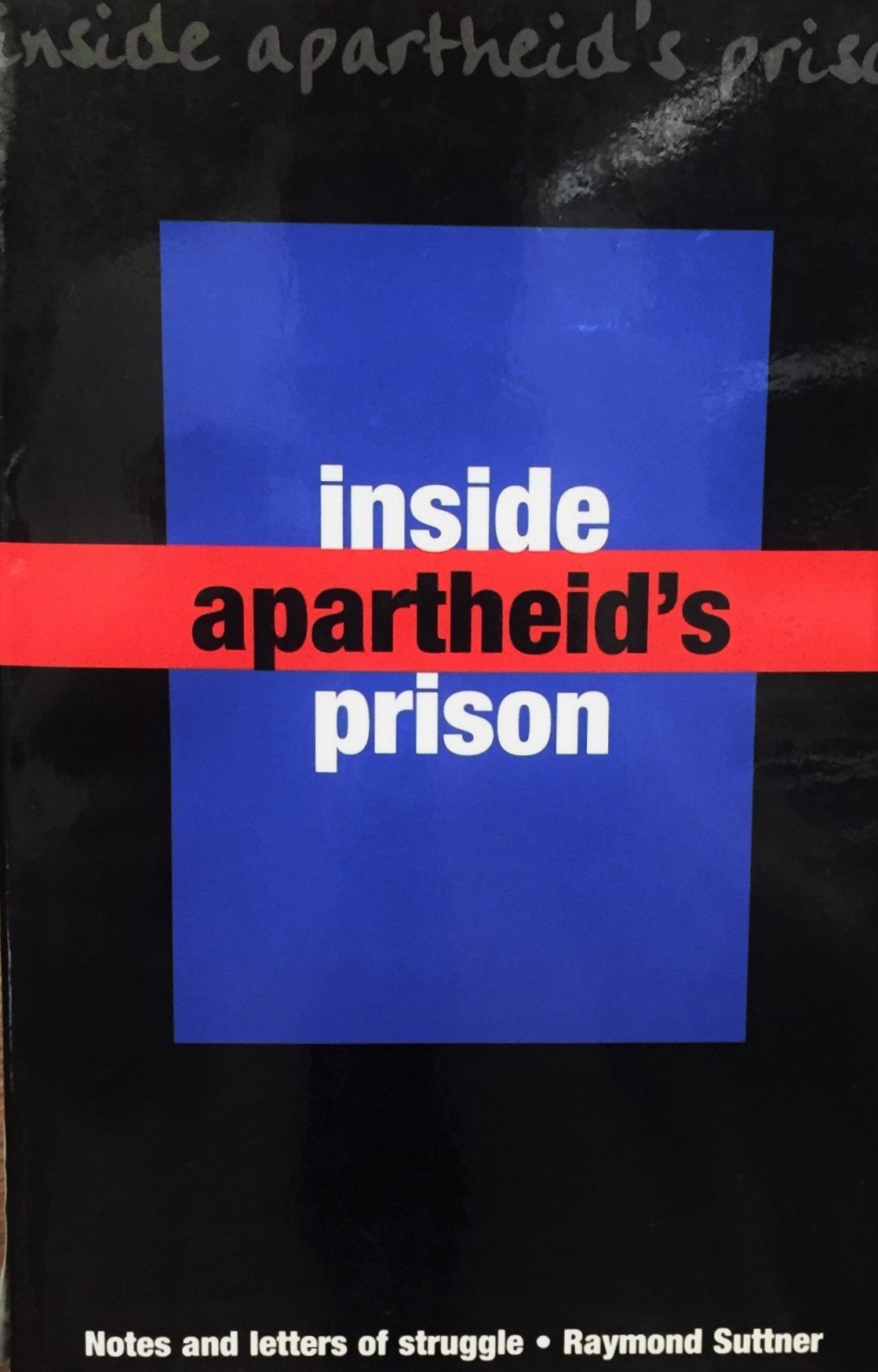
Inside Apartheid’s Prison: Notes and Letters of Struggle. Melbourne: Ocean Press, 2001.
"I think that being here longer enables one to get a more and more objective view of our situation. My first reaction, which occupied most of the first months, was just to survive. Now I am trying to take stock, to ask myself, 'What psychological effects this has had, what have I done to myself, consciously and subconsciously, in order to cope?' I often wonder how drastically my self-confidence has been impaired… We are so exposed and often feel inadequate."
– November 20th, 1976
Captive Imagination: Letters from Prison. Translated by Vasantha Kannabiran, et al. Forward by Ngugi wa Thiong’o. New Delhi, India: Penguin Books India, 2010.
"The sea roars
Crashing night and day
Against the shore.
Wings trapped in the mind
Flutter wildly
Seeking to soar
In freedom.
The mind is too cramped
To hold you…
What you need is
The space of the earth
Rolling outwards,
Reaching the edges of sky"
– ca. 1985
Six Lines from Prison: Letters of Nooshabeh Amiri and Houshang Asadi. Sweden: Dracopis Press, 2013.
From prison:
"My exceptional lady, my sweetheart! Is love jealous or is it that it in its evolution has to pass through jealousy? Is this a natural process or is it a defect in me? I am not sure. Whatever it is, I have this jealousy. I have become this way. It is something that seethes within me. The mind tries to tether it but the heart screams it again."
From home:
"Hello my man, my exceptional man! Love is not jealous. Love wants to monopolize. But how much can it monopolize? This can only go along to the point where boundaries between two bonding individuals are still kept distinct. Besides, respecting these boundaries, true love, reasonable love, mature love also reserves spaces of solitude for the lovers."
– 1988-89
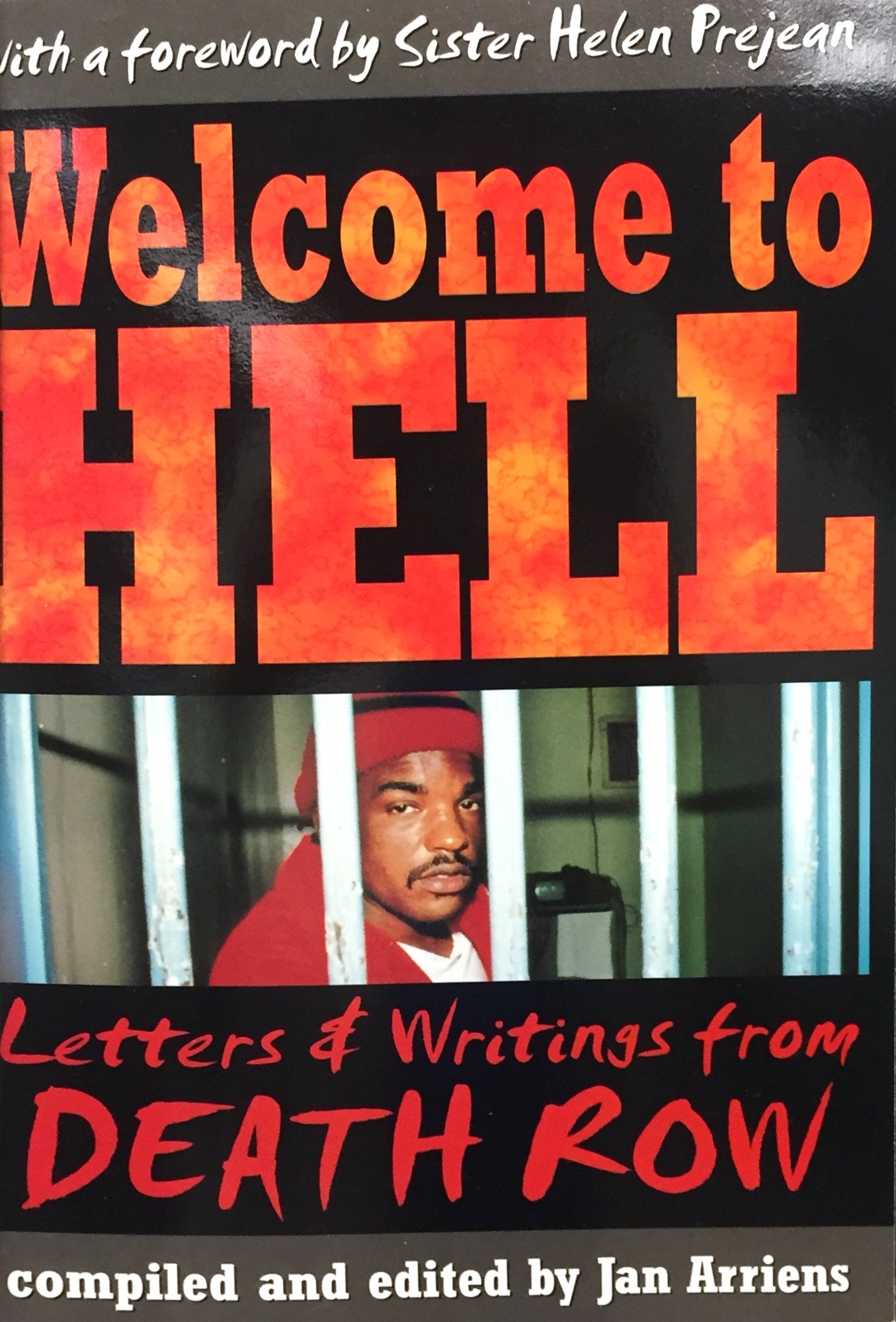
Arriens, Jan, ed. Welcome to Hell: Letters & Writings from Death Row. Foreword by Sister Helen Prejean. Preface by Clive Stafford Smith. Boston: Northeastern University Press, 1997.
"How does it feel to be able to count the days of your destiny? I don’t know. Only that the family still doesn’t write and after sending both my wife and sister copies of the execution order, they still haven’t written."
– April 16, 1991
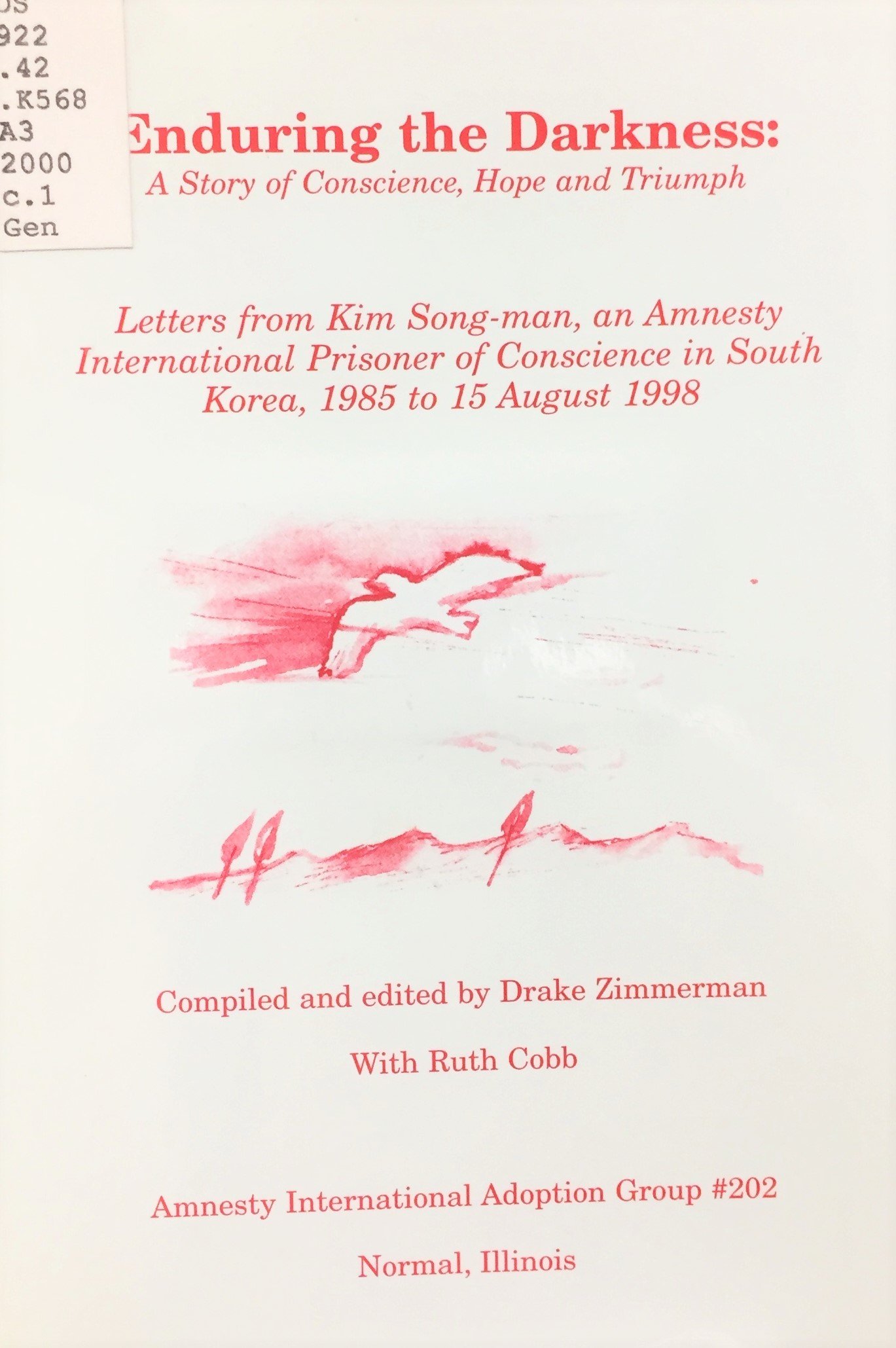
Enduring the Darkness: A Story of Conscience, Hope, and Triumph: Letters from Kim Song-Man, an Amnesty International Prisoner of Conscience in South Korea, 1985 to 15 August, 1998. Edited by Drake Zimmerman and Ruth Cobb. Normal, IL: Amnesty International Adoption Group #202, 2000.
"I want to make a living rendering aid to persons and sharing joy with them. But I have no liberty. I have money which I can hardly spend in the prison and I have few things which I would like to give to others. It was only a piece of gum that I could give the girl as a token of gratitude. I am waiting for my release."
– November 6, 1996
